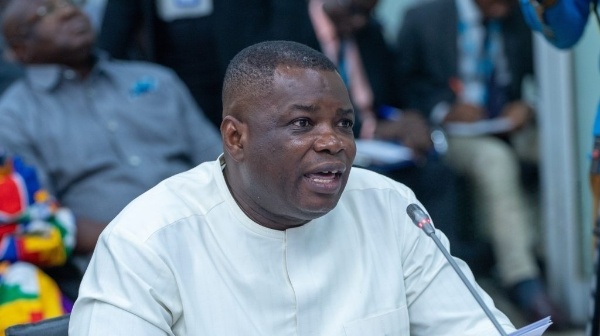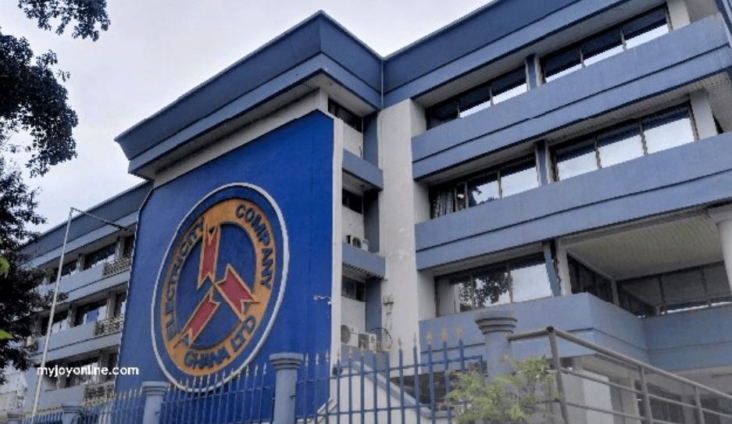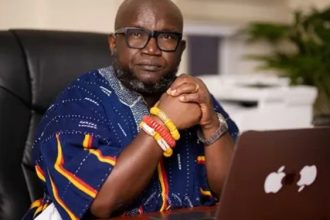Politics may not seem all rosy as the Roads and Highways Minister-designate, Governs Kwame Agbodza, has laid a guideline for aspiring young politicians to prevent them from financial pitfalls.
In the final moments of vetting, as he appeared before the Appointments Committee of Parliament, Ranking Member and Minority Leader Alexander Afenyo-Markin asked Mr. Agbodza to offer advice to members of the public seeking to carve a career in politics.
Mr. Agbodza, a chartered architect and seasoned legislator who entered Parliament in 2013, said on Monday, January 20:
“Before you become a full-time politician, get a day job, which you can do even when you are a politician,” he admonished.
To buttress his point, he used his personal experiences to explain.
“In my own life, the resources I spend in my constituency—the bulk of it does not come from the sources in politics,” he observed.
He continued: “As you know, our salary, my salary, I show it to people in my constituency, is GH₵15000. In one weekend, by the time I finish my funeral rounds, I might have spent that. The rest is what I gather from consultancy and the other small things I do.
So, my advice to the young man who wants to enter politics is to get a day job that is sustainable first.”.
MPs have constantly raised concerns about their social commitments to constituents, highlighting overwhelming demands for fees, funerals, outdooring, and other activities, amidst inadequate remuneration.
In 2023, Speaker of Parliament Alban Bagbin expressed his worry over the public outrage that greets the announcement of an increase in the salaries of legislators.
Speaking at a public forum in Takoradi in the Western Region, Mr. Bagbin said MPs deserved better.
“Whatever is given to the one you struggled to elect, you are opposed to it. Even though every day you knock at his door to request money to pay school fees and hospital bills and donate to churches, festivals, and funerals, you hate to hear that his salary is being increased; there must be a problem.”
MPs over the years have been advocating for an upward adjustment in their salaries, arguing that they have not had their salaries reviewed upwards, unlike public sector workers.
















